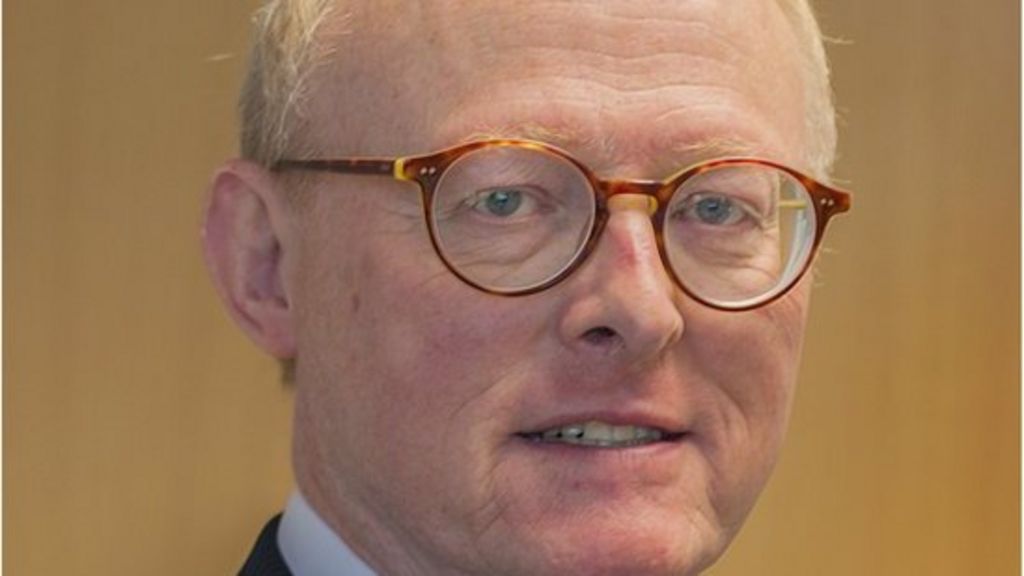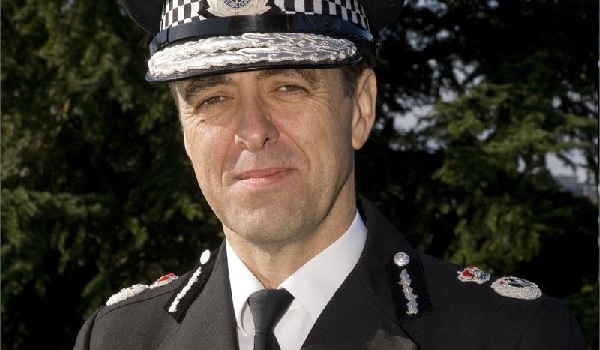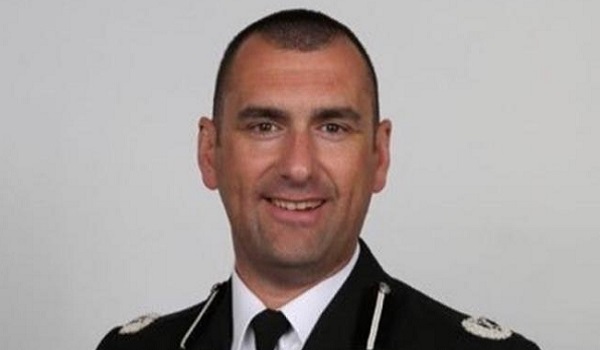College criticism of HMICFRS 'fundamentally wrong both in law and in policy'
Her Majesty’s Chief Inspector of Constabulary, Sir Tom Winsor, has written to the College of Policing to take issue with its comments of the way Her Majesty’s Inspectorate of Constabulary and Fire and Rescue Services (HMICFRS) reports on the efficiency and effectiveness of forces.
A fundamental review of the College of Policing published earlier today (February 10), stated: “HMICFRS must be clearer that the college sets standards against which it inspects, rather than seeking to develop standards through inspection, or to undermine the standards that have been set.”
In his letter, Sir Tom said this view is “with great respect, fundamentally wrong both in law and in policy” and that it “needs to be corrected” as it is “misleading”.
He added: “The notion that we seek to undermine standards which the college has set is simply not true. If you have any instance of the inspectorate undermining anything the college has done, please let me know. Saying a particular standard needs improvement is not undermining.”
Sir Tom also makes reference to corporate documents published by HMICFRS that set out its inspection regime and processes. This states: “There are few national standards for the measurement and assessment of the efficiency and effectiveness of police forces. Some practices are established by the College of Policing, and where they exist they are taken into consideration in the design of an inspection.
“However, whilst of course persuasive and deserving of considerable weight, College of Policing standards are not determinative of the standards of efficiency and effectiveness by which the inspectorate assesses forces.”
Sir Tom’s letter goes on to say: “In many respects, the college has no standards. From time to time, the inspectors of constabulary make recommendations for the amendment of college standards, where we think they do not meet a particular problem.
“We also recommend the establishment of new ones. The inspectors of constabulary are not regulators. It is up to those to whom we make recommendations to act on them or not, as they see fit. In some cases, they are statutorily required to publish their reasons for not doing so, although the college is not so required.
“Whilst I realise that the college may wish the jurisdiction of the inspectors of constabulary to be cut down as you have stated on page 19 of today’s document, I respectfully suggest that you need to persuade Parliament to do this.
“So, in short, we do make judgments about what we believe are the relevant standards of police efficiency and effectiveness, taking full account of College standards. But until Parliament changes the law, the college is not the final arbiter of these things.”
Sir Tom concludes: “In the light of these explanations, I invite you to amend your document to correct what has been said about the inspectorate.”







